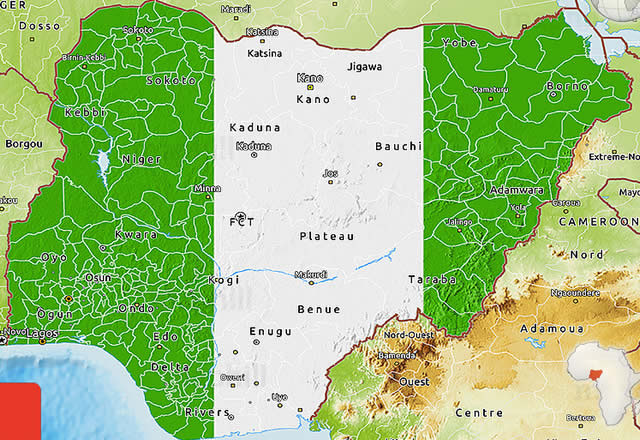
THE renewed agitation for the creation of more states being considered in the House of Representatives is a simplification of the cataclysmic ills bedevilling Nigeria’s political system. In the proposal, the lawmaker representing the Obokun/Oriade Federal Constituency in Osun State, Oluwole Oke, tabled a bill in the parliament for the creation of three more states in the South-West. With all the economic, security and political headwinds threatening to dismember Nigeria, this is a misplaced priority. The House should quickly consign it to the dustbin.
Essentially, the constitution amendment exercise is set to consider a bill seeking to create Ijebu (capital at Ijebu-Ode), Oke-Ogun (Iseyin) and Ife-Ijesa (Ile-Ife) states. In the current 36-state structure, there are six states in the South-West, seven in the North-West, six in the North-East, five in the South-East, six in the South-South and six in the North-Central. The FCT is the stand-alone federal capital.
In the bill, the lawmaker, who is also the Chairman, House Judiciary Committee, hinged his action on the marginalisation of the South-West. Oke said the creation of more states would lead to a reduction of the local government areas in the region. This is baffling. In Nigeria, where states and LGAs exist mainly to share from the monthly federal allocations, it will be difficult for the new states to survive.
Apparently, Oke and his cohort are merely considering political leverages – three more state capitals, three more governors/deputies, three more state assemblies, more federal lawmakers, and other cost centres. This is just another duplication that does not align with the harsh economic realities on the ground.
The creation of more states for the South-West would breed a sense of entitlement among other regions, especially the South-East. They will also demand to be paid back in kind. This is a call to anarchy.
In the past decade, Nigeria has been grappling with more pressing issues. There is the naira debacle. Hunger is stalking 140 million multidimensionally poor people in the land. There are over 20 million out-of-school children. Insecurity is compounding issues for farmers. There is no electricity to power industries and households. State creation is not the solution to these niggles.
Indeed, state creation has done more harm to the system than good. According to Economic Confidential, only seven out of the current 36 states can exist without the monthly federal allocations. They are Lagos, Ogun, Rivers, Kaduna, Kwara, Oyo, Edo. Osun, where the lawmaker is from, is not among them.
So, Nigeria does not need more cost centres. Instead, the lawmakers should be concerned about restructuring Nigeria to a true federal state.
Since Alaska (January 1959) and Hawaii (August 1959) were admitted into the American Union, there had been no new state in the United States despite the land size of the country, and its staggering GDP of $25.46 trillion. From their establishment on January 1, 1901, Australia, with a GDP of $1.68 trillion (12th highest in the world), has remained a federation of six states.
In a way, the primordial desire for state grab has a lot to do with bad governance. It has fuelled a lopsided reward system in which, once admitted into the political class, the perks of office are almost infinitesimal. For the 10th National Assembly, each lawmaker is entitled to at least one SUV that costs N160 million. It is tempting for Oke and his co-travellers to create more states for this status quo to remain.
Therefore, Oke and the parliament should situate the endless quest for the creation of more atomised states all the time in Nigeria’s unworkable political system.
They should jettison the ongoing constitution amendment exercise, which previous parliaments papered over, in favour of a people’s constitution that will make provisions for the major tenets of federalism, particularly state police, fiscal federalism and resource control.














